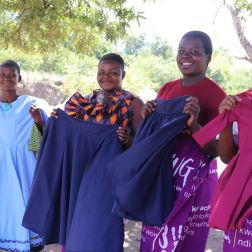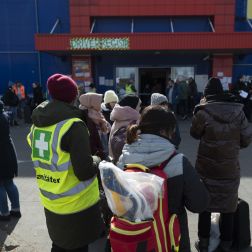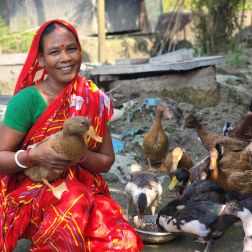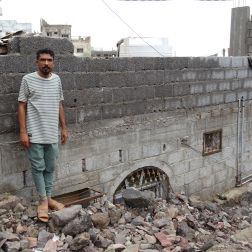- 4 mins read time
- Published: 29th April 2021
Women bear $800bn brunt of Covid-related job losses
Few people have avoided the impacts of the Covid-19 pandemic. Unfortunately, as is often the case in humanitarian crises, it is women who have paid the highest price.
Last year, Covid-19 cost women at least $800 billion – the combined GDP of 98 countries – in lost income. Globally, women lost more than 64 million jobs, a five percent loss compared to 3.9 percent for men.
But while women were losing money, companies like Amazon were thriving. The company gained $700 billion on the markets in 2020, while women’s $800 billion losses also top the $721.5 billion that the US government spent on the world’s largest defence budget.
Around the world, women are overrepresented in low-paid, precarious sectors such as retail, tourism and food services – industries that have been hardest hit by the pandemic. Most women across South Asia, Sub-Saharan Africa and Latin America work in informal employment. They also make up roughly 70 percent of the world’s health and social care workforce – essential but often poorly paid jobs that put them at greater risk from Covid-19.
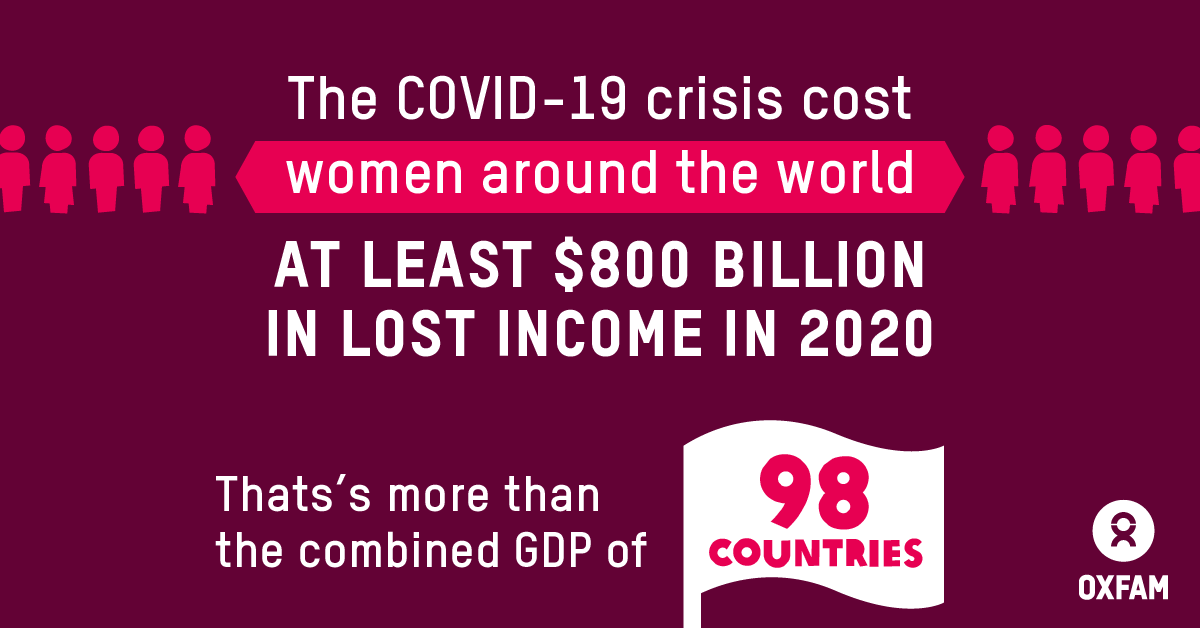
Across the globe, women have been more likely than men to drop out of the workforce or reduce their hours during the pandemic, predominantly due to care responsibilities. Even before the virus struck, women and girls put in 12.5 billion hours of unpaid care work every day, contributing at least $10.8 trillion a year – more than three times the size of the global tech industry – to the global economy.
“Economic fallout from the Covid-19 pandemic is having a harsher impact on women, who are disproportionately represented in sectors offering low wages, few benefits and the least secure jobs.” said Jim Clarken, Chief Executive of Oxfam Ireland.
“This conservative estimate doesn’t even include wages lost by the millions of women working in the informal economy – domestic workers, market vendors and garment workers – who have been sent home or whose hours and wages have been drastically cut.”
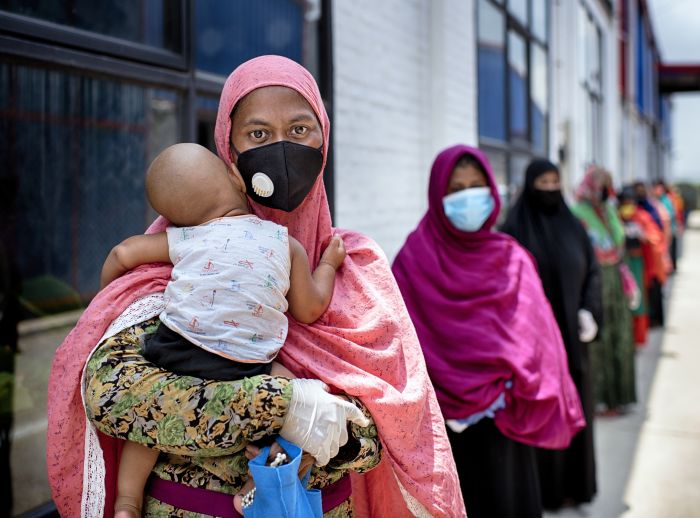
Although some governments have taken positive measures to address women’s economic and social security the response remains grossly insufficient. Only 11 countries have introduced shorter or flexible work arrangements for workers with care responsibilities, while 36 have strengthened family and paid sick leave for parents and caregivers.
“Even before the virus struck, the responsibility for caring in Ireland was deeply gendered and severely unbalanced. Last year, Oxfam Ireland estimated that women’s unpaid care work contributes at least €24 billion to the Irish economy every year – the equivalent of 12.3 percent of the entire annual economy,” added Mr Clarken.
For women in every country on every continent, along with losing income, the demands of unpaid care work have rapidly increased. As care needs spiked during the pandemic, women —the shock absorbers of our societies— have stepped in to fill the gap, an expectation so often imposed by sexist social norms.
The effects of these dramatic changes will be unevenly felt for years to come. An additional 47 million women worldwide are expected to fall into extreme poverty in 2021. According to the World Economic Forum, closing the global gender gap has increased by a generation from 99.5 years to 135.6 years due to negative outcomes for women in 2020.
“As we move from emergency measures to long-term recovery, our government must seize this opportunity to build a more equal, inclusive economy for everyone living in Ireland. Our Citizens’ Assembly has laid out what needs to be done for gender equality – offering concrete actions across politics and leadership, caregiving and childcare, domestic, sexual and gender-based violence, pay and the workplace, social protection, as well reforming the Constitution,” Mr Clarken explained.
“A fair and sustainable economic recovery is one that supports women’s employment and unpaid care work, as recovery from Covid-19 is impossible without women recovering.”
